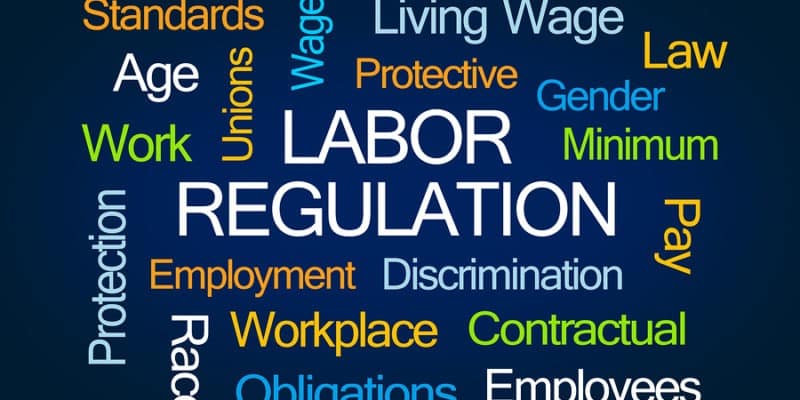Delaware Public Media | By Paul Kiefer
Published October 10, 2022
Gov. John Carney signed a bill into law on Friday defining wage theft as a crime and setting financial penalties for violators.
The new wage theft law is one of the most detailed in the country, targeting an array of strategies used by employers to avoid paying taxes or underpay workers. Its sponsor, State Sen. Jack Walsh (D-Christiana/Newark), says wage theft, including misclassifying workers as part-time or contractors, is widespread and often leaves workers without access to key benefits.
“Having them work off-the-clock, paying them under the table – which presents problems down the road because they can’t access worker’s compensation or unemployment,” he said. “Basically, they’re misclassifying people, 1099-ing them, when they’re actual employees and should be treated as such.”
Delaware’s Department of Labor is responsible for investigating wage theft allegations and can refer cases to the Department of Justice for prosecution.
The law also sets financial penalties, including fines between $20,000 and $50,000 for retaliating against employees who report wage theft.
Carney also signed a bill into law on Friday that holds employers liable for damages if they do not provide a paycheck within one pay period after an employee is laid off or discharged, or after the employee resigns or quits.



